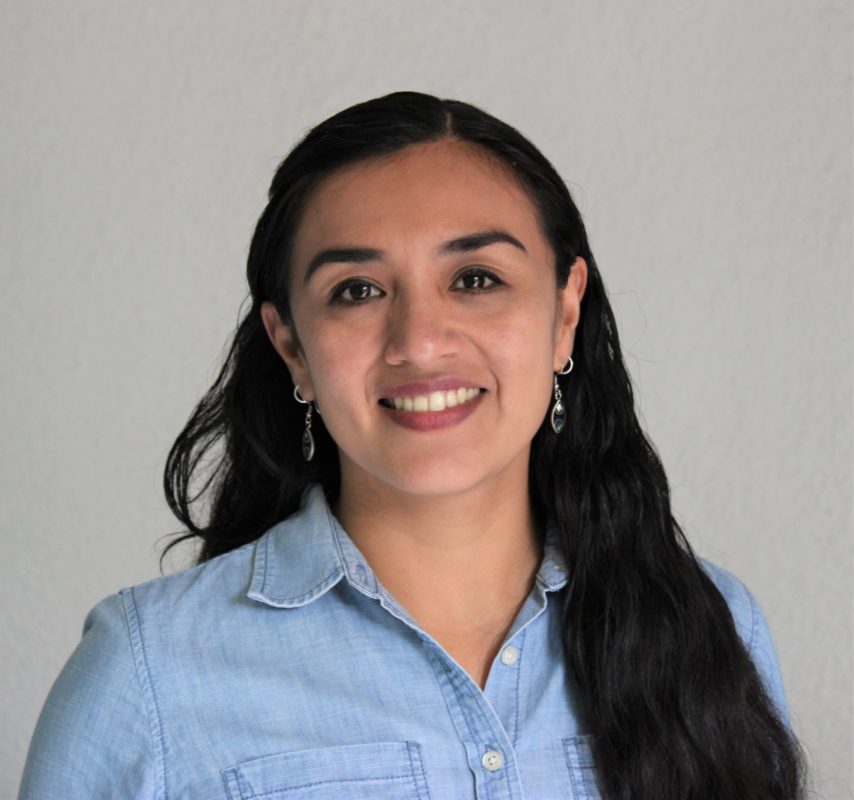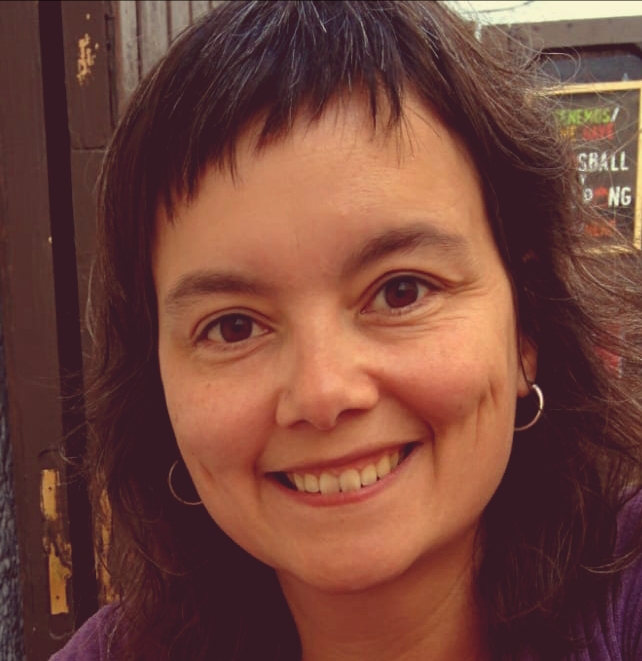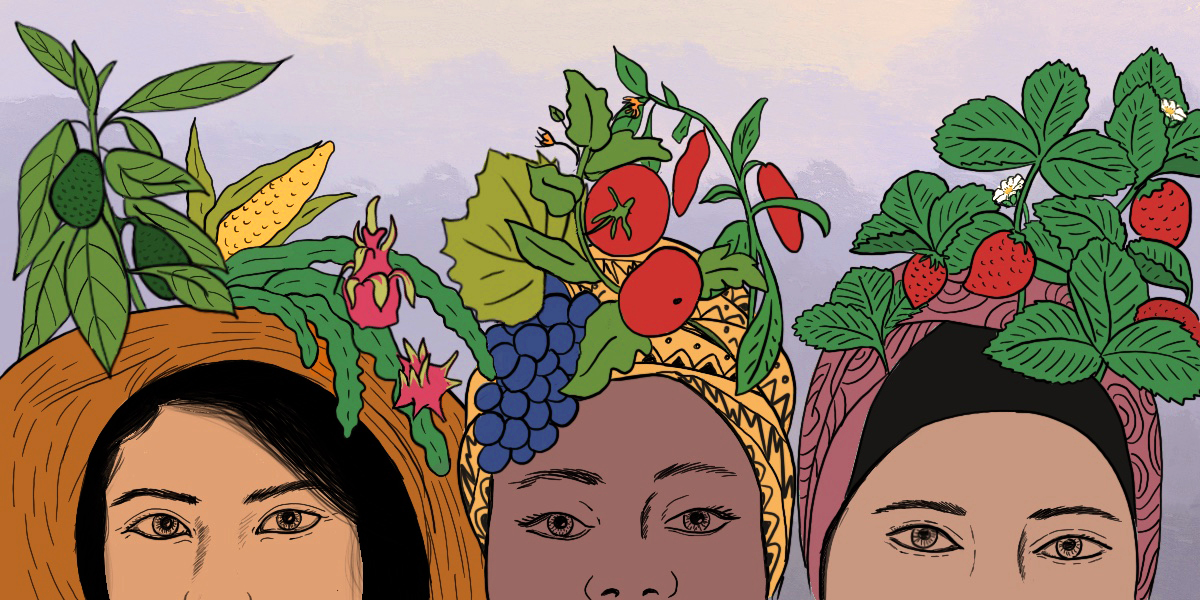On the occasion of International Women’s Day, CIDSE and the Centre for Agroecology, Water and Resilience (CAWR) from Coventry University launch a podcast mini-series of 3 episodes exploring feminist agroecology.
Listen to the first episode:
The episode is also available in Spanish, listen here.
As part of its advocacy and storytelling around agroecology, CIDSE has highlighted how its social and cultural dimension, including a feminist perspective, is a vital ingredient for its success.
A previous collaboration between CIDSE and CAWR resulted in the publication of a special issue of The Farming Matters Magazine “Feminism and agroecology: transforming economy and society”. This brought to the forefront how perspectives such as intersectional feminism and indigenous cosmologies coupled with agroecology have been transforming our economy and society. In this podcast we continue deepening these linkages and ask the questions: Why is agroecology not possible without feminism? What does feminism have to do with the food we eat?
Throughout the podcast mini-series, activists, researchers and practitioners who dedicate their lives to feminism and agroecology share how women (and others) are invisibly sustaining the food system, what it means to place ‘life’, rather than profit, in the centre of the food system, and what food systems would look like if they were based on feminist values.
We explore how the oppression of women forms part of systemic oppression against anyone who falls out of the white, heterosexual, cis-male box, what decolonial and indigenous feminisms offer to the agroecology movement, and how to strengthen that movement from a feminist perspective.
The first episode, titled: “What does feminism have to do with the food you eat?”, explores what food systems would look like if they were based on feminist values.
We interviewed:

Diana Lilia Trevilla Espinal (Mexico)
Feminist agroecologist from the periphery and migrant in South-Eastern Mexico. She holds a doctorate in ecology and sustainable development from El Colegio de la Frontera Sur, México. She is an activist, a feminist, a creator and a trainer. She is co-founder of Agroecologists in Movement and collaborates with the Mexican Care Network and the Alliance of Women in Agroecology. Her areas of interest are: feminist economics, care, defense of territory, agroecology and collective health. She is currently a researcher and a consultant. She has published several articles such as “Feminist agroecology: analyzing power relationships in food systems” (2021), “Agroecología y cuidados: reflexiones desde los feminismos de Abya Yala” (2020), “Sentipensar el cuidado ante la crisis socioambiental” (2019) and co-authored with other women: “Ethics of care in agroecology” (2020), “Ciencia y feminismo desde el cuerpo-territorio en los estudios socioambientales” (2020) and “Cuidado y sostenibilidad de la vida. Diálogos entre la agroecología y la ecología política feministas” (2020). She enjoys walking in the woods, walking on the sand on the seashore and lives the rebellion with joy.

Isabel Álvarez Vispo (Spain)
Granddaughter of peasant women, daughter of ‘cardboard suitcase’ migrants and a rebel by vocation. In the workplace, she is an educator, an expert in food sovereignty and an agroecologist. She is dedicated to accompanying agroecological projects through research and training, both locally and internationally, with special emphasis on the feminist perspective. She is co-President of the international URGENCI Network and is involved in several networks such as the Baladre Coordination and Ecologists in Action. She has collaborated on several books, articles and other publications. The most recent book What do those eat who eat badly? together with other colleagues from Baladre Coordination and the report Political participation of rural women in the Spanish State.
Through Diana’s and Isa’s stories, this episode unpacks the ways in which it is necessary to go beyond gender for food system transformation, what is needed and how it can be done in practice.
The podcast is also available on Spotify , Apple Podcast , and other major listening platforms.
Illustrations by: Virginia Pineda Ogalla
Special thanks to: Diana Lilia Trevilla Espinal, Isabel Álvarez, Anya Verkamp and Nicole Pita (voiceovers), Bulle Media.
 This podcast series was co-funded by the European Commission. Its contents are the sole responsibility of the authors and do not necessarily reflect the views of the European Union.
This podcast series was co-funded by the European Commission. Its contents are the sole responsibility of the authors and do not necessarily reflect the views of the European Union.

